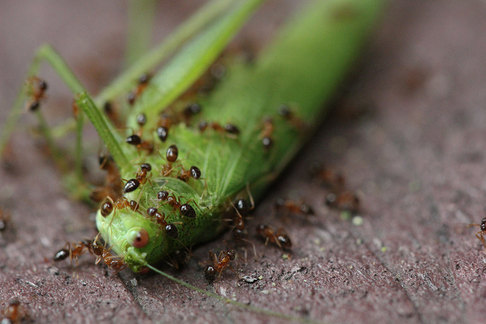Need help? In New Zealand, you can call Lifeline on 0800 543 354, Youthline on 0800 37 66 33 or find out about other crisis services here.
Student communication
 On 22 July 2016 a woman was sexually assaulted while walking through the University of Canterbury owned Ilam Fields.
On 22 July 2016 a woman was sexually assaulted while walking through the University of Canterbury owned Ilam Fields.
In response to a request from the Police, who informed UC Security of a “physical assault”, an email was sent to all students that day.
On 24 July 2016 a reporter from The Press contacted the University in response to the Police releasing a statement to the media. The Police told The Press that the assault was actually a sexual assault, and this fact was published in an article that day. In response to an Official Information Act request, most of which was initially declined, the University said that “the Police appeared not to have told the University of the sexual nature of the incident before telling the media”.
However, the University did not inform students of the sexual nature of the incident after it became public knowledge. The assault was alluded to in a 28 July UC blog post, which included 10 ’safety and security tips’ and a list of ’support for students’ links, including a link to the UC Health Centre. This content was also included in the next edition of the ‘Insider’s Guide Newsletter’, a weekly digest sent to all students, on 31 July.
Last night a student died suddenly at the Rochester and Rutherford Hall of Residence.
The death has been reported as sudden and not suspicious, often used by the media as code for a suspected suicide.
UC acting vice-chancellor, Dr Hamish Cochrane was quoted by the media as saying “all the university’s students and staff were advised [Sunday], and made aware of the support available”.
Communication to students consisted solely of a UC blog post listing four UC support services that are available to students, including the UC Health Centre. Links to blog posts appear for a few days in the sidebar of Learn, UC’s online learning management system which is regularly accessed by students and staff. However, no email was sent to students, and there was no acknowledgment that a student had died.
Late on Sunday night, a link to the blog post was included in the ‘Insider’s Guide Newsletter’ emailed to students.
UC Health Centre Counselling under pressure
Students are struggling to access support.
The UC Health Centre provides free counselling to UC students, however their website states that counselling appointments “are in high demand [and] you may have to wait a few weeks to be seen”. During office hours there is an on-call counsellor to deal with students facing an “emergency situation”.
During this year’s UCSA elections one group of candidates asked students on Facebook which one out of four campaign policies they thought was most important. “Increased mental health awareness and support” was voted second. In response to a question asking how the UCSA should help support those with mental health issues, students voted overwhelmingly for “increased health centre funding for more counsellors”.
Students wanting to skip the UC Health Centre counselling waiting list could choose to pay for sessions with a private counsellor or psychologist. Students may be eligible for the disability allowance, however there are restrictions, including a maximum payment of $61.69 a week (appointments with private psychologists can cost $150 or more).

